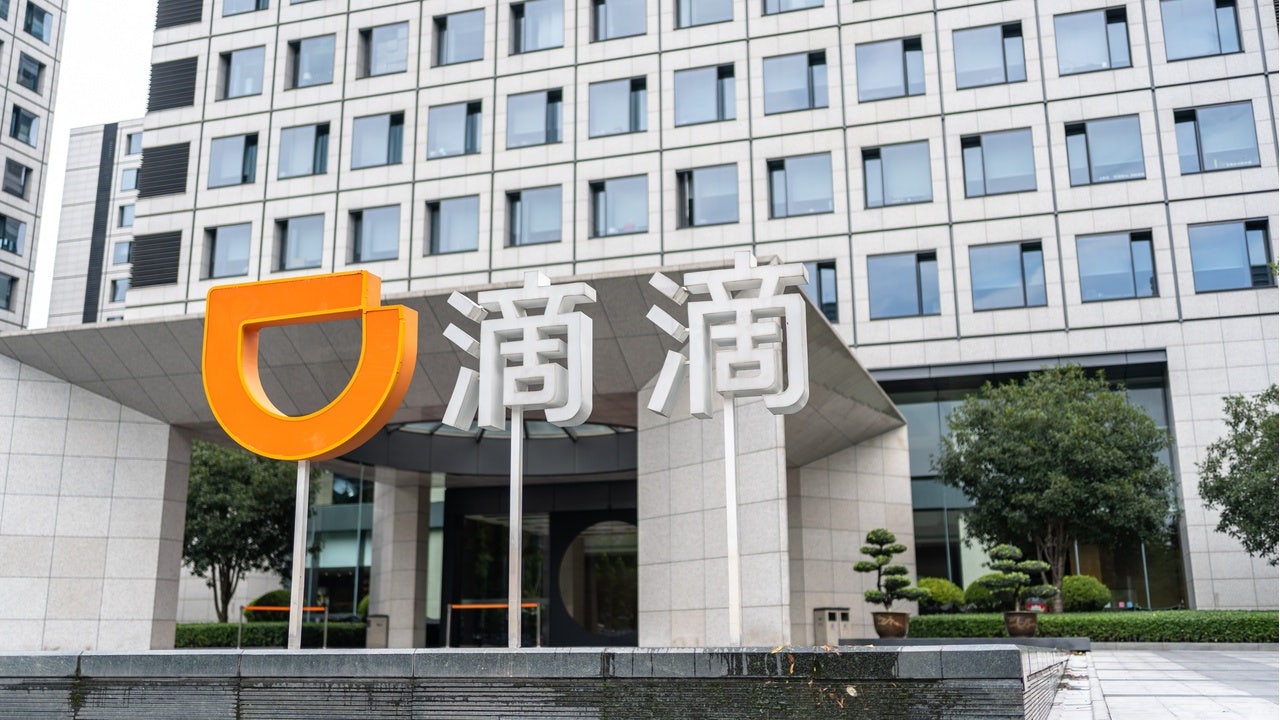Key Takeaways:#
Weeks before Didi's initial public offering, the Cyberspace Administration of China (CAC) suggested it postpone its initial IPO.
Beijing feared Didi could reveal sensitive government locations to the United States.
Didi’s misfortune has energized smaller ride-hailing platforms in China.
Didi Global Inc’s rollercoaster week started with its 4.4 billion initial public US offering and ended with regulatory troubles, a cybersecurity review (courtesy of the Cyberspace Administration of China), bans on new downloads, and ultimately, the removal of the Chinese ride-hailing giant's 25 mobile apps. Didi’s stock plunge quickly became a serious concern for global investors, and it sent the message that Beijing is ready to step up its fight against local tech giants.
The Wall Street Journal disclosed how, weeks before the company's initial public offering, the Cyberspace Administration of China (CAC) suggested to Didi that it should postpone its initial IPO and urged a review of its network security. According to individuals with knowledge of the matter, Chinese web regulators made more than 20 requests for adjustments to the app.
In the past year, Beijing has cracked down on data privacy by investigating large tech firms accused of misusing private data or collecting excessive amounts of personal information from their users. In Didi’s case, Beijing had serious security concerns, fearing the app could reveal sensitive government locations to the United States.
Reuters says Didi makes use of rider location information for safety and data analysis and also uses in-car cameras to monitor road conditions. The user and road data are then stored at servers in China. “Didi stores all domestic user data at servers in China. It is absolutely not possible to pass data to the United States,” said Didi vice president Li Min in a Weibo post.
At first sight, Beijing’s security fears are plausible but unfounded. However, in these increasingly adversarial times when the fear of foreign interference pushed both Washington and Beijing to shape more assertive policy responses, China’s reaction is not unorthodox.
In the end, the only noticeable change has been the government's attitude towards domestic titans. If Beijing was previously willing to tolerate tech company missteps to ensure that China would become the global innovation and tech leader, that is no longer the case.
And now, US-listed Chinese companies and corporations that were seeking US-based IPOs are in hot water. Both must face regulatory hassles at home but also the threat of American stock exchange delistings. Additionally, on July 9, the index of US-listed Chinese companies crashed to its lowest point in over a year, The Wall Street Journal reports. We anticipate that Chinese companies will soon try to avoid the American stock exchange entirely and list domestically. “For Didi, the situation is bleak. But for Chinese companies preparing to list in the US, it may be even bleaker,” said Samuel Indyk, a senior analyst at uk.Investing.com, toReuters.
As for consumers, this new direction should be seen as a win for them. Now that Beijing has hardened its position on online privacy, new legislation enhancing data security should be helpful to consumers. In the US, consumers are still hoping for a federal-level data privacy law similar to the General Data Protection Regulation inside the European Union. But consumers in China are already ahead of them. And make no mistake, American consumers want government agencies to put more scrutiny on Big Tech to protect their data rights.
According to a Ponemon Institute and IDX study, 74 percent of interviewees mentioned they have little control over what personal information is collected on them, and 86 percent said they were very concerned about their privacy when using Facebook and Google.
Meanwhile, Chinese consumers will also benefit from the increased competition from this scrutiny. The Global Times highlights how Didi’s misfortune has energized smaller Chinese ride-hailing platforms and pushed them to employ aggressive marketing strategies. For example, some Beijing residents are now receiving push notifications from AutoNavi or Gaode Map. Additionally, a Shanghai resident told the Global Times that he got a service call from the app Meituan Dache.
It will take persistence and a brilliant expansion strategy to steal market share from Didi, and it is highly doubtful that there will be a showdown between the company and another domestic competitor anytime soon. However, that does not mean consumers won't enjoy more high-profile benefits, such as package deals and lower prices.
All in all, Chinese consumers and emerging companies win due to these crackdowns, while Didi and the Chinese tech world should buckle up for a bumpy and expensive ride.

